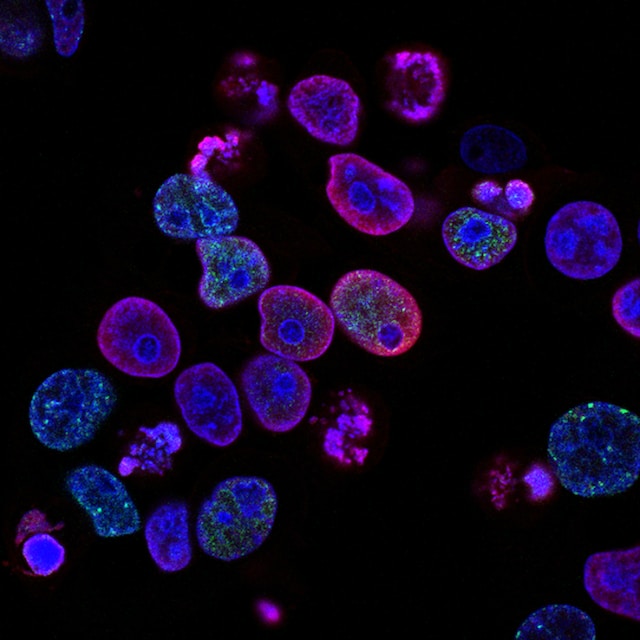Counseling, instruction, spiritual support, group support, and other services can all be considered forms of psychosocial support. Psychiatrists, psychologists, social workers, psychiatric clinical nurse specialists or nurse practitioners, certified counselors, or pastoral counselors may offer these services. They can assist you in resolving your problems and, if necessary, direct you to other sources of support.
Consider the issues you face, how much your emotions affect you, and how you have handled similar situations. You can use this to pick which services will benefit you the most. Multiple organizations work hard to ensure that cancer patients are supported psychologically. Among such organizations, the limelight should be put on AMASS –Friends of Cancer Patients Association.
In Saudi Arabia, the non-profit AMASS Association Friends of Cancer Patients provides emotional and psychological support to cancer patients and their families while educating the public about the disease and the need for early detection. The organization comprises volunteers with friends who have cancer, a team of recovered cancer patients, experts, and medical professionals in all relevant sectors. The group provides psychological support and educates the public about cancer patients through the experiences of volunteers who have recovered from the disease.
Their purpose is to lessen the pain of cancer patients and their families by providing them with psychological and emotional support to get through their grieving process, achieve their goals, capitalize on their strengths, and find a way to live naturally. The efforts of capable and exceptional associates who visit patients and their families in hospitals and at their homes, manage community service projects, and participate in conferences and events to increase awareness and educate cancer patients of all ages and genders will be credited for providing this assistance.
There are several methods to support people with cancer, but the two most used versions are support groups and individual counseling.
Support Groups
People in comparable situations are gathered in support groups. People can discuss their worries and get coping strategies from others in these gatherings. Support groups can aid individuals in dealing with their emotions and treatment-related adverse effects. They might also assist fellow members in making decisions by imparting their knowledge. Support groups may also help a person determine how to handle day-to-day problems like work and financial worries or family-related challenges.
For support groups, discretion is essential. Everyone must feel comfortable discussing their worries and emotions. Members must know their comments will not be disclosed to anyone outside the group.
Additionally, there are support groups for carers, kids, and relatives of cancer patients. These teams frequently talk about shared issues. Changes in relationships, worries about the cancer patient, and the best ways to help the patient are some examples. Age-specific support groups are available for kids and teenagers. A parent support group is frequently open.
Professionals such as oncology social workers, psychologists, or oncology nurses may run certain groups. Leaders of other organizations are cancer patients. Some organizations, like those that offer education, are more regimented. Others are receptive to anything the group’s participants wish to talk about.
Individual Counseling
If your emotions prevent you from carrying out your regular activities, one-on-one counseling may be helpful. You can discuss your issues and concerns with a qualified professional in counseling. Each person has a unique experience when they are diagnosed with cancer or have a loved one who is. You can concentrate on your thoughts and feelings in individual counseling.
Additionally, a counselor could advise couples or family therapy. This aids a couple or family in identifying their issues. The key to handling it is understanding why you or your family members act as you do. Your family will work with a counselor to enhance emotional expression and conflict resolution skills. This can make the family more resilient.


